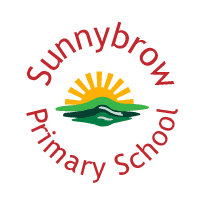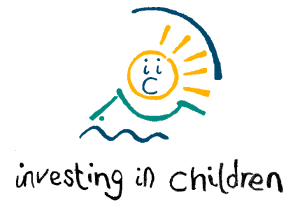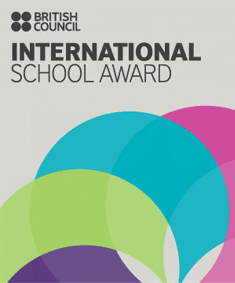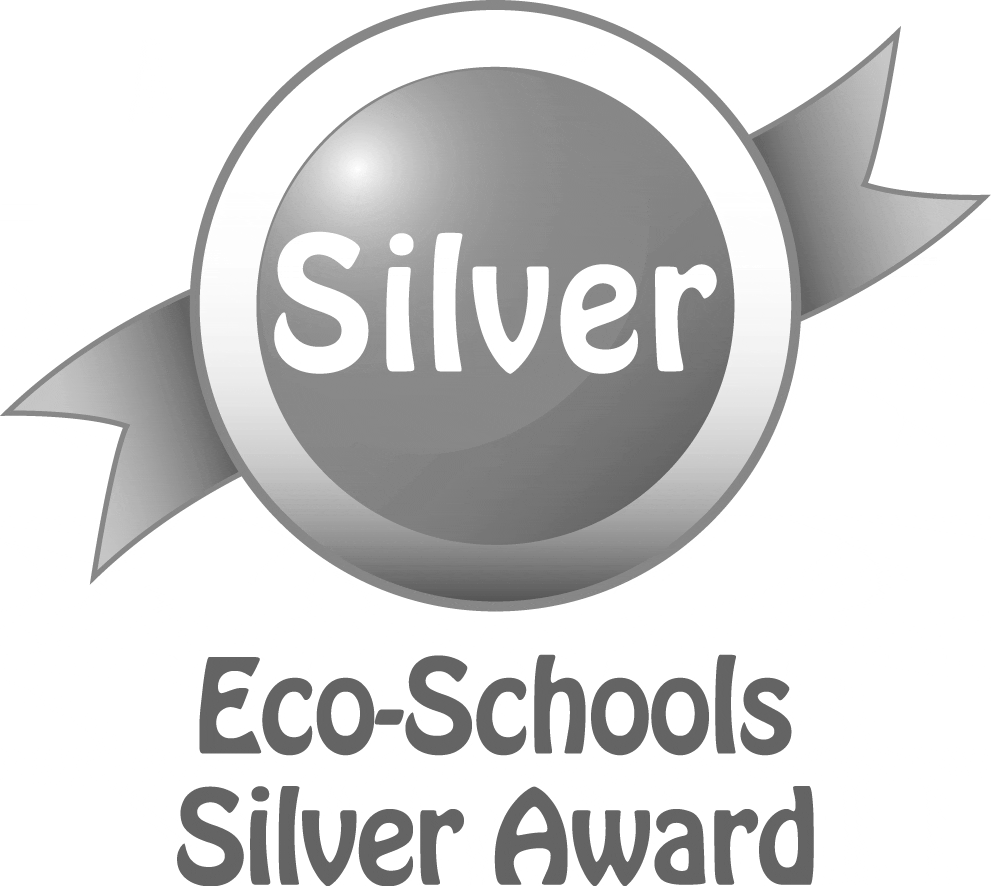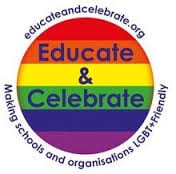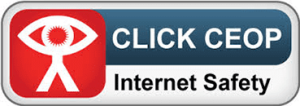Our vision statement & intent
Our Geography curriculum is centred around the importance of our pupils building connections with their own place within their local community and the wider world. In order to empower our pupils to exceed, we need to prepare our pupils for life in a diverse and ever-changing world. The study of Geography provokes and answers questions about the world, develops critical thought and allows pupils to look outwards from their community of Sunnybrow, thus gaining an understanding of place, space and a sense of identity in the world. We intend that our Geography curriculum will educate our children in the physical and human features of cities, counties and countries, exposing them to different cultures and ways of life. We aim to inspire in children a curiosity and fascination about the world and its people which will remain with them for the rest of their lives. We want children to enjoy learning about geography and develop their interest and understanding of diverse places, people, resources, and natural and human environments, together with a deep understanding of the Earth’s key physical and human processes.
Our whole-school curriculum is underpinned by the principle ‘ordinary people can achieve extraordinary things.’ Within Geography, we want our children to understand the extraordinary impact of seemingly ordinary events, such as the importance of rice farming for families in China or the impact on the sea if we flush anything but toilet paper down the toilet! Our curriculum is designed to provide our children with the subject-specific language they need to describe, question and discuss the world, as well as their place in it. Our pupils are encouraged to recognise that they have a voice and to use it confidently to debate topics that they feel passionate about, for example, deforestation or renewable energy.
We strive to produce well- rounded and thriving individuals by providing our children with opportunities to expand their cultural capital and experiences of the world.
We have produced an end-of-year expectation document. This is where intend each pupil will be at the end of their academic year.
Implementation
Our Geography curriculum (based upon the National Curriculum) is designed to show a gradual build-up of skills year on year. It has clear progression in the acquisition of knowledge and for key skills, building on pupil’s prior learning. We teach termly, discreet topics for all pupils from Year 1 to Year 6. Geography is taught as
part of our two-year cycle for each age phase. We teach Geography in 2 hour blocks every fortnight, alternating with History. This allows us time to regularly revisit and revise key concepts in Geography without too much time passing in between lessons.
Each unit starts with mapwork where we look at place and location knowledge, space and scale using google earth to locate different places in the world in relation to our village Sunnybrow. This will help us create a sense of belonging and understanding of individual place in the world. It is important for our children that mapping skills and locational knowledge is taught discretely as well as having yearly blocks of work on every cycle dedicated to it to ensure that children are regularly revisiting and building upon prior learning so that it is retained.
In each unit of learning, ‘key concepts’ are identified and shared with the children. We then use cumulative quizzing questions over the course of the topic to ensure children are regularly revisiting and retrieving prior learning. It also allows us to check pupil understanding to make sure that no misconceptions have formed are being retained. We also revisit key concepts over longer periods of time using a our ‘daily 5’ questions, where we randomly test ‘sticky knowledge’ at the end of each day.
Geography Planning Documents:
Geography End of Year Expectations.
Geography Small Steps of Knowledge
Impact
Pupils will have a greater understanding of who they are, where they live and their connection to the world. They will have a strong sense of cultural identity and be open to other countries and cultures and understand how we are interdependent.
Our Geography curriculum is monitored through learning walks, lesson observations, book scrutinies and termly teacher assessments. Ongoing formative assessment is used to guide pupils to meaningfully reflect about their own and others’ development of ideas, their skills and their understanding. At the end of every term, we have an assessment week, in which we use summative assessment tests to check pupil retention of current and prior learning.
A variety of monitoring approaches allows us to evaluate the effectiveness of our curriculum and receive continuous feedback from teachers and children. This enables teachers to build up a clear picture of pupil attainment, which teaching staff use to inform further planning and delivery of Geography.
At the end of each year, a child is assessed against the end-of-year expectations for their year group and pupils are judged as either meeting, working at a greater depth or working towards the expected standard.
In our books you will see a balance of classroom-based tasks and photos of outdoor learning opportunities. There will be an important focus on mapping skills and locational knowledge running throughout all of our Geography topics and evidence of map-based work at the beginning of every topic which is linked to a country. You will see children have a good understanding of human and physical geography and the differences between the two, are able to use key vocabulary accurately, and can apply all of the knowledge they have acquired to make comparisons between different countries from around the world.
You will see children taking pride in the Geography work and enjoying their lessons as they are encouraged to explore new countries and their cultures by using their research skills and presenting their findings in different ways.
